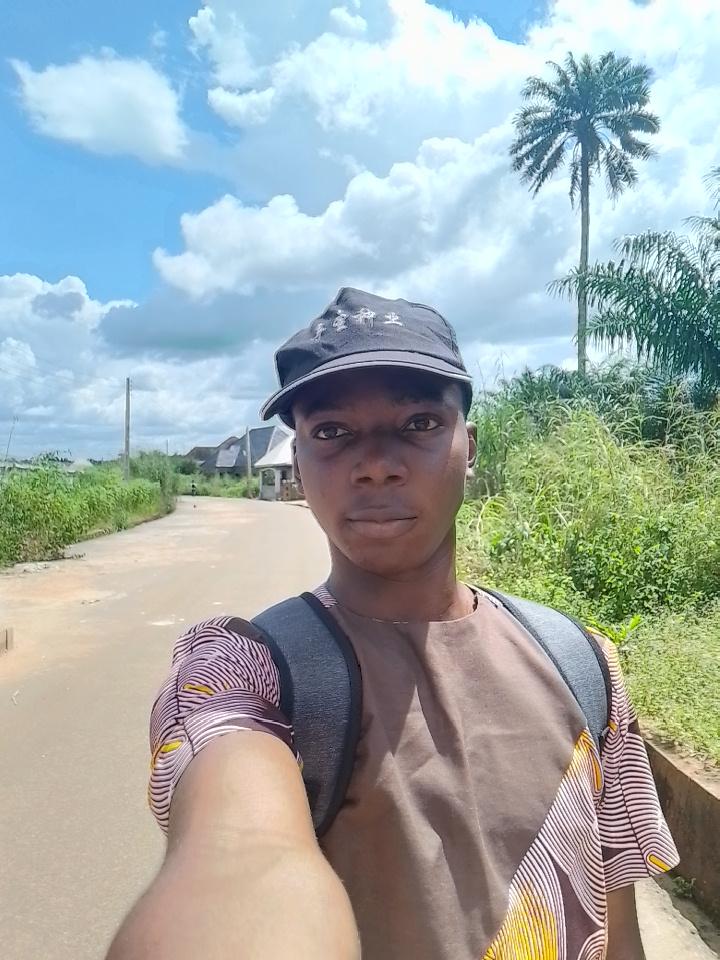Wow , I’m not sure I’d
Sponsored Advertisements
Single-Dose Malaria Vaccine Shows 90% Protection in Early Trials
Leave a Reply
New Discussions
-
Love isn't hard, people make it hard _Let's talk Relationships ✨

Oluwanifemi
2 mins ago00 -
Faith +lifestyle Learning skills

Oluwanifemi
14 mins ago00 -
konnect cash out Every 25th of a new month

Konnect Official
44 mins ago99 -
Earn in Dollars

King
57 mins ago00 -
The most expensive thing in this picture is not even the car.. oh God 💔

Mich Elle
58 mins ago00















Festusur
129 days agoA groundbreaking breakthrough in the fight against malaria is making waves: researchers at Sanaria and Seattle Children’s Research Institute have developed a single-dose vaccine, PfSPZ‑LARC2, that provides 90% protection against malaria in early human trials. Unlike traditional vaccines, this one uses genetically weakened malaria parasites to safely trigger long-lasting immunity. With current malaria vaccines averaging only 30–40% efficacy, this is a major leap forward. Even more promising is the fact that it's just one dose—making it easier to distribute, especially in hard-to-reach areas.
For countries like Nigeria, where malaria remains one of the top causes of illness and death, this vaccine could be life-changing. A single shot could drastically cut down on hospital visits, healthcare costs, and loss of life. If approved after further trials, it could shift the tide in Africa’s long battle with malaria. Would you take this vaccine if it became available? Share your thoughts and let’s talk about what this means for public health and the future of Africa.